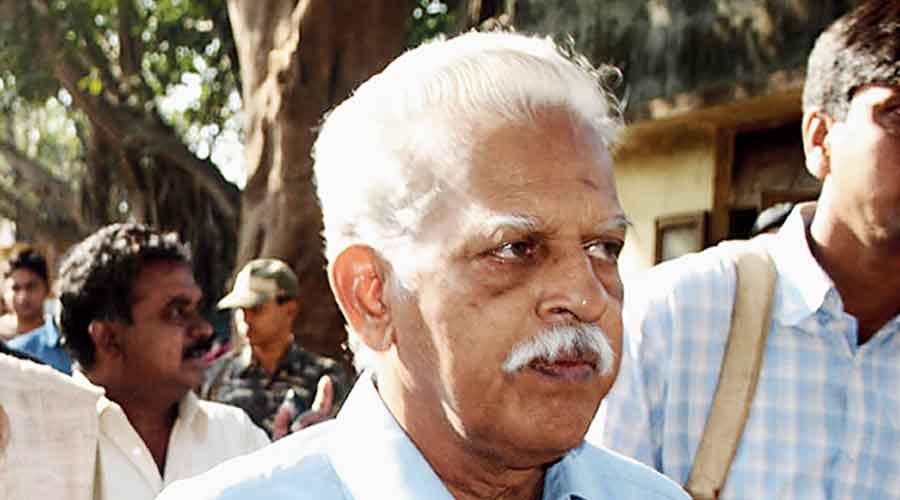A fair investigation is one of the prerequisites of justice. The infirmities in two separate investigations that were exposed and castigated by the courts in two recent judgments merit attention. The Bombay High Court granted conditional bail to the poet, Varavara Rao, infirm and an accused in the Elgaar Parishad case, observing that the National Investigation Agency had kept him in custody without framing charges for an extended period of time. The observations made by a Delhi sessions court while granting bail to Disha Ravi, the young climate activist arrested on the specious charge of sedition, are even more revealing. The court rejected almost every accusation that the Delhi police — it answers to the Union home ministry — brought against Ms Ravi, including her alleged engagement with groups with ‘dubious’ credentials, her association with banned organizations, the motive of incitement as well as the destruction of ‘evidence’. The shoddiness of the investigation raises the disquieting possibility of the inquiry being prejudiced. Of greater import was the court’s observation concerning sedition. Citing a judicial precedent, the court stated that the offence of sedition cannot be invoked to “minister to the wounded vanity of governments”. This can only be read as a comprehensive rejection of the worrying trend of silencing the voices of dissenting citizens with the help of intimidating — dated? — legal instruments. This kind of coercion is no longer limited to the realm of speculation. Reliable data indicate that the alarming spike in cases of sedition has coincided with the political ascendancy of the Bharatiya Janata Party. The courts must remain vigilant against such institutional aggression.
The momentum generated by these verdicts needs to be taken forward to kindle an informed debate on judicial reform. Reform, increasingly, is being viewed in an instrumental manner. The discussion on meaningful reform must go beyond the imperative of addressing such paucities as vacancies in judicial posts to look into the urgent need of making law compatible with contemporary ideas of liberty and encroachments on it. Such a discussion must entail considered opinion on the need to do away with antiquated legislations. The sedition law, a colonial relic that is often misused by authoritarian regimes, must be amended, if not rejected. A bold, impartial engagement on the part of the judiciary to examine the need for draconian legislations would deepen the line of separation between court and government. That, too, is the need of the hour.











